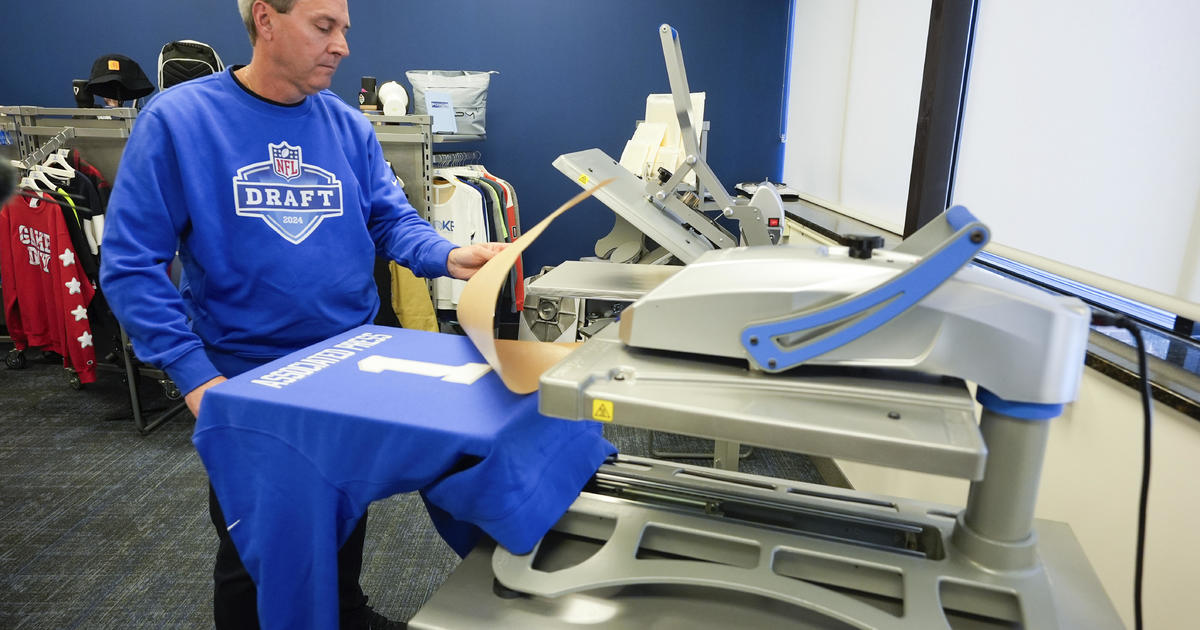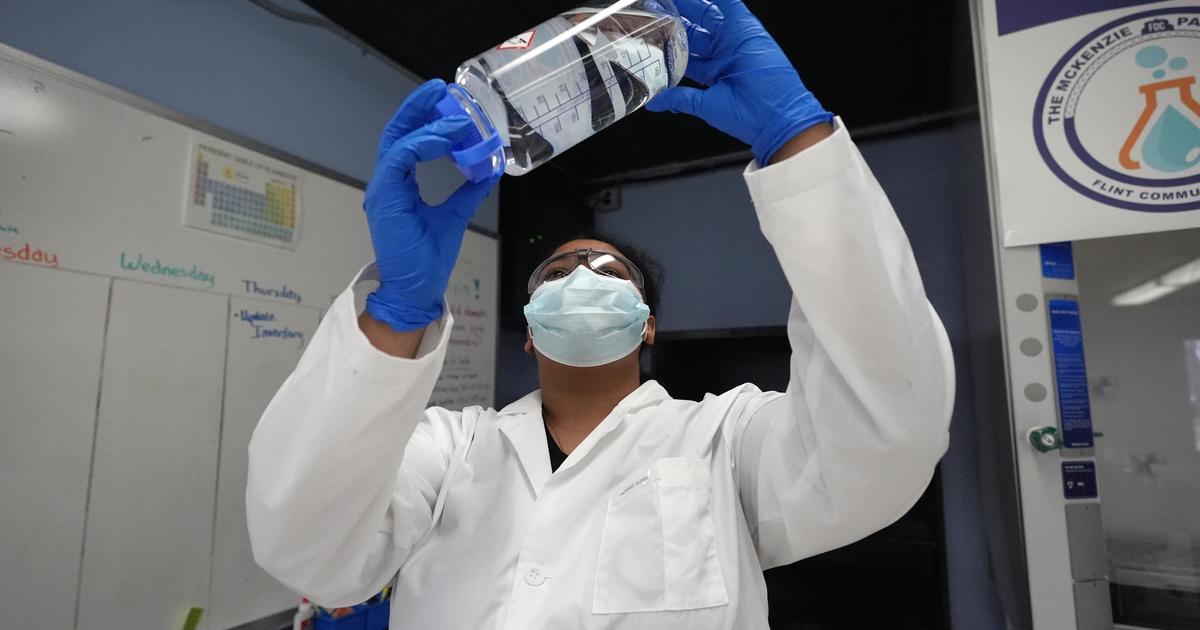Home Health Care: What Medicare Covers
 Anne Osmer Reporting
Anne Osmer Reporting
With the U.S. population rapidly aging, the use of home health care services continues to increase. The good news is that Medicare will pay for many of these services. Taking advantage of home health care benefits is a matter of figuring out what Medicare covers – and what it doesn't.
Who Can Receive Medicare Home Health Care Benefits?
There are four conditions you must meet to receive Medicare home health care benefits:
- Your doctor must determine that you need medical care at home. The services provided must be under a doctor's supervision and performed as part of a home health care plan written for you.
- You must need one or more of the following: intermittent or part-time skilled nursing care, and/or physical or speech therapy; or a continued need for occupational therapy.
- You must be homebound, or unable to leave your home unassisted. If you attend adult day care this does not exclude you from receiving home health care benefits.
- The home health care agency must be certified by Medicare.
There is no limit to how long you can continue to receive home health care Medicare benefits. As long as you are eligible, and your doctor can verify that you need home health care, Medicare will continue your benefit. There are some restrictions, however.
Skilled nursing care and home health aide services are limited. With your initial benefit, you must receive skilled nursing care fewer than seven days a week or fewer than eight hours per day for a period of 21 days or less. Exceptions may be made in some cases.
Once you are already receiving home health care, your doctor may determine you need ongoing intermittent or part-time care. Medicare will cover the costs for skilled nursing care and home health aide services if the care is less than 8 hours a day and 28 or fewer hours per week; in some cases, the weekly total may equal no more than 35 hours.
Does Medicare Cover All Home Health Care Services?
If you meet the conditions to receive home health care benefits, Medicare covers many services including:
- Skilled nursing care. Skilled nursing care is care that can be performed only by a licensed nurse.
- Physical therapy.
- Speech therapy (pathology services).
- Occupational therapy. This is therapy to help you regain the ability to perform everyday activities again, such as eating or doing light chores.
- Durable medical equipment associated with your home health care, as well as certain medical supplies (not including prescription drugs).
- Medical social services. This might include counseling or other services to help you cope with the emotional aspects related to your situation.
- FDA approved injectable osteoporosis drugs, in certain cases.
Home health aide services can also be covered by Medicare on a part-time or intermittent basis, with the condition that you also receive skilled care, such as skilled nursing care or therapy. Home health aides help with personal care such as bathing and grooming, and serve as a support to the skilled care worker.
Medicare does not cover prescription drugs (as part of your home health care benefit), homemaker services such as shopping and cleaning, or meal delivery to your home.
Medicare covers the full amount of all eligible home health care services. It's important to note that your home health care agency is obligated to tell you in advance and in writing how much of your bill Medicare will pay. They must also let you know if any of the services they will be providing are not covered, as well as their cost.
© 2010 WWJ Radio, All Rights Reserved.



